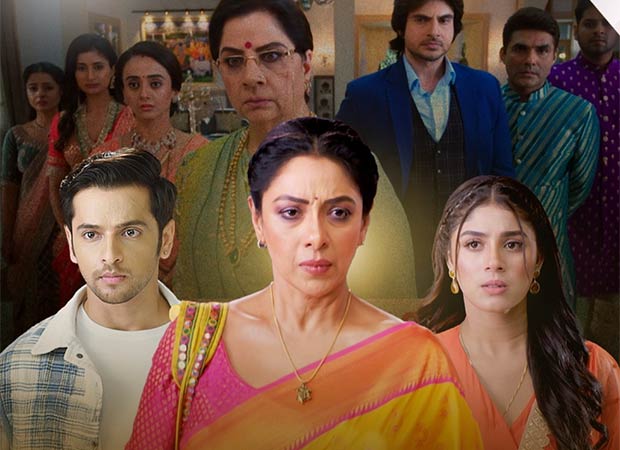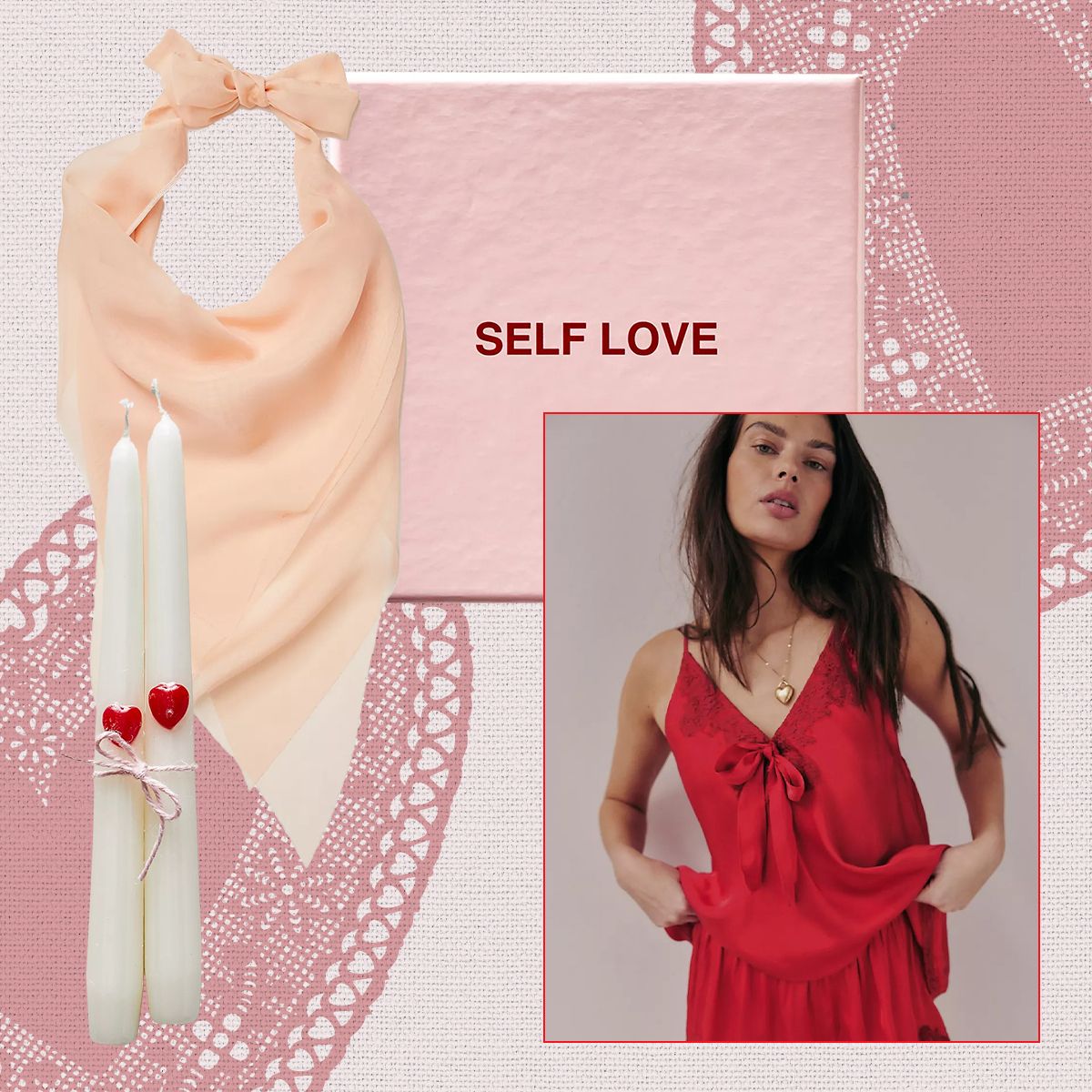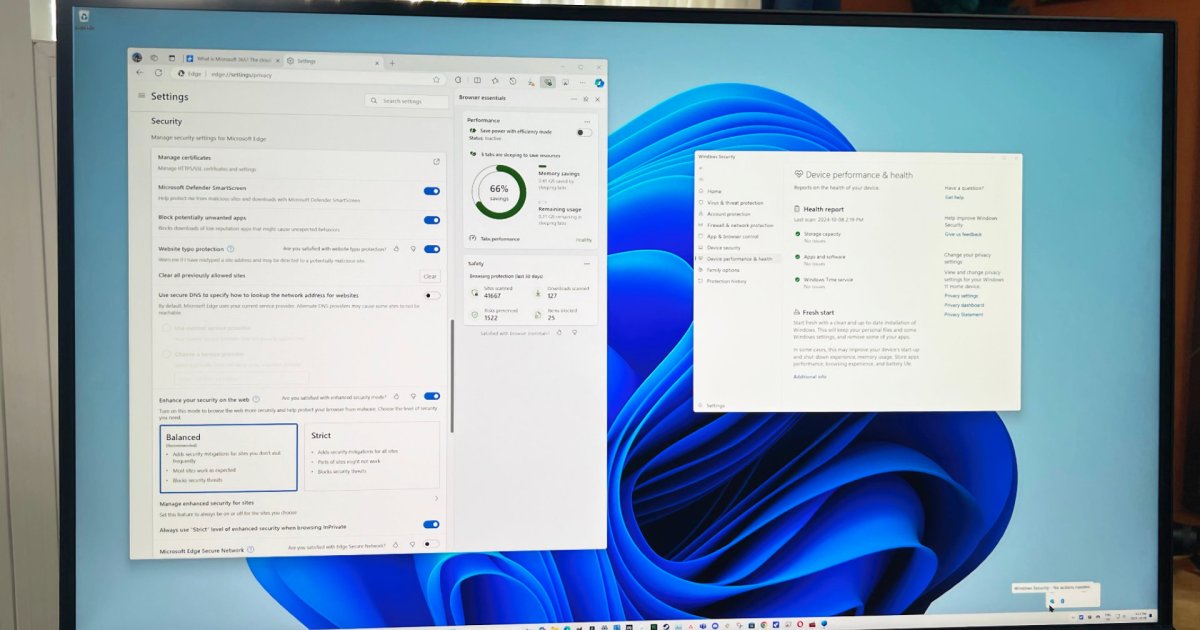Loading
The reason is that sleep tracking data are based on algorithms using a motion-detecting accelerometer.
“If I’m moving round from side-to-side and still asleep, it may detect it as wake or not wake depending on the algorithm,” Gordon explains. “Movement isn’t necessarily saying what your brain is doing.”
He adds that this can affect sleep stage analysis, which many devices claim to track.
While we spend about half our time asleep in stage 2 non-REM sleep, which is associated with movement, the gold standard for tracking light and deep sleep are sensors to measure brain activity. Consumer tracking devices, unlike those used in a clinical sleep study, do not require medical grade regulation.
“It’s very hard for a device on your wrist or under your bed to determine what stage you’re in,” Gordon says. “It’s a bit like a faulty speedometer in a car so it’s not telling you the right thing and there are consequences for that.”
Professor Maximilian de Courten, a public health expert at Victoria University, agrees: “That is, for me, sort of experimental. I don’t look at those data.”
The counterargument is that accelerometers can detect respiratory rates along with movement, and as Dr Brandon Westover, a professor of neurology at Boston’s BIDMC hospital says: “We and others have shown that respiration patterns can be used to classify sleep stages.”
Using this granular information, Apple found their watch to be 97.9 per cent effective at correctly classifying sleep, “while 2.1 per cent would be falsely labelled as ‘awake’, on average”.
Heart rate measurements and respiratory rate measurements during sleep on a wristband by US company Whoop have an average precision error of one beat per minute and one breath per minute respectively.
While a 2024 study found that the Oura Ring “did not significantly differ from PSG [polysomnograph – the gold standard for measuring sleep].”
But, there are many devices on the market and where there is a mismatch between the data and a person’s real sleep it can create a dissociation and fuel anxiety.
“It can be problematic if people become fixated on their [sleep data] numbers and are not really listening to their bodies… that can be dangerous,” says Gordon.
He adds, that for those with insomnia (nearly 15 per cent of Australian adults have symptoms), tracking sleep data, particularly if it’s inaccurate, can be particularly problematic because anxiety is connected with trouble sleeping.
“Treating insomnia involves changing sleep timings and looking at dysfunctional beliefs around sleep – a device is not going to help you with that,” he says. “And for those with a high degree of fixation, a watch may make that worse.”
Besides, adds de Courten: “Just by tracking your sleep, that’s not necessarily going to make you a better sleeper.”
Inaccurate sleep data can be particularly problematic because anxiety is connected with trouble sleeping.Credit: iStock
Provided we understand the limitations of sleep tracking, and use the data as a guide not the gospel, then they can serve a purpose.
“The algorithms are getting better,” Gordon acknowledges. And, compared with questionnaires, which was how the public tracked their sleep before (if they did at all), the trackers are “much better”, de Courten says.
This means they can be good from a public health perspective to improve sleep health literacy and help people consider the lifestyle and environmental factors influencing their sleep.
And, as the algorithms continue to improve, there is potential for devices to become part of diagnostic and potentially clinical care, Gordon says:
Loading
“They could be used in the monitoring phase – recovery and rehab – from episodes of illness or to look at what’s happening in a person’s sleep during illness.”
Currently, he adds that under mattress devices are “not bad” at detecting sleep apnoea.
The question is, would sleep experts recommend using a sleep tracker?
If it helps someone generate awareness around their sleep and habits, helping them to tune into themselves, then yes, says de Courten.
“You don’t need to wear it forever, but for two, three weeks it can give good insights,” he says.
Despite his scepticism and not using one himself, Gordon says he is not a “total cynic”.
“I’d use it as part of my understanding of sleep,” he says. But he still wonders about them.
“Why do people want to know? Do they want a metric to say ‘my sleep is good or bad’? You’re the best estimator of your own sleep.”
Make the most of your health, relationships, fitness and nutrition with our Live Well newsletter. Get it in your inbox every Monday.







